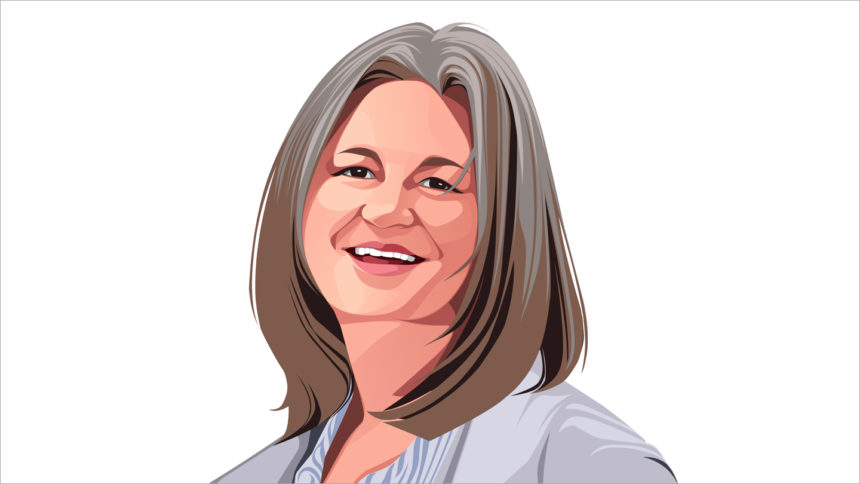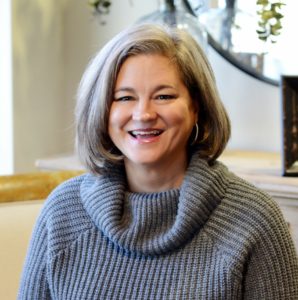

I can’t remember the date. I don’t remember what was happening at the time. What regulation changed, who tested positive, what family was upset, what team member was infuriated, or what system had failed. It was likely a combination of everything happening at once.
I distinctly remember laying in bed and thinking there is no possible way I could put one foot on the ground to get up for the day let alone two feet and start the day.
I got up. I put one foot in front of the other and I made my way to work. This wasn’t your typical, “I don’t want to go to work today.” This was “I don’t think my body and mind will actually allow me to face another day of this.” Recently, I was asked how did you do it? My constant answer was and still is;
If not us, who?
Like so many of you, the images of the pandemic continue to haunt us. The thoughts and feelings of despair are slowly fading away, but the damage done to our field will take years to recover. I’m not speaking about financial recovery. I’m talking about the emotional aftereffects. A few months ago, I wrote about the invisible scars left behind . I’m starting to think this is a much bigger issue, one that needs to have a bright spotlight.
Why should people outside of our field care?
The short answer to that question is because you need us. Healthcare in general is certainly challenging. Long-term care and the aftereffects of the pandemic are a peculiar challenge because they go much deeper. I’ve talked to seasoned caregivers who couldn’t recover. They said it was just too much and found something in another field.
A veteran nurse told me recently she’s still coming to work every day, but the joy is gone and she’s counting down the days until she can retire. She asked me desperately, “I want to get back to loving the work, but how do I do that?”
If not us, who?
Long-term care, specifically care in nursing homes isn’t an option. It is a necessity. You might not care about it, until you do. It then becomes the most important part of your world. Who will care for my parents? You need caregivers who are motivated, loving, focused, patient and understanding without limits. Not to be overly dramatic, but the pandemic chipped away at those skills for so many and it should be acknowledged.
If not us, who?
Is there an answer? I’m not sure there is any easy solution. The days, for me at least, of struggling to put one foot in front of the other are fading away. The challenge remains, how do we care for those who care for others? Who without question for over two years put others needs before their own. There is a price to that kind of unselfishness. Who is willing to pay? Certainly, all of us are doing everything we can to rebuild hope and bring back the joy. This shift in feelings, in attitude, in appreciation for long-term care cuts deep.
This phenomenon deserves attention. For those of us who have weathered the storm and are still here, thank you. I see you, I hear you, and I’m right there with you. Please hold on to the idea that we are more than necessary. We are the ones who show up every day despite a lack of attention or fanfare.
If not us, who?
Julie Thorson is a past recipient of the LeadingAge Dr. Herbert Shore Outstanding Mentor of the Year award. She currently co-facilitates LeadingAge Iowa’s Leadership Academy. She is a Leading Age Academy fellow and former coach. The Head Coach (president and CEO) of Friendship Haven, a life plan community in Fort Dodge, IA, Thorson is a coach’s daughter at heart. A former part-time nursing home social worker, she is a licensed nursing home administrator and completed Leading Age’s Leadership Educator Program in 2019.
The opinions expressed in McKnight’s Long-Term Care News guest submissions are the author’s and are not necessarily those of McKnight’s Long-Term Care News or its editors.





